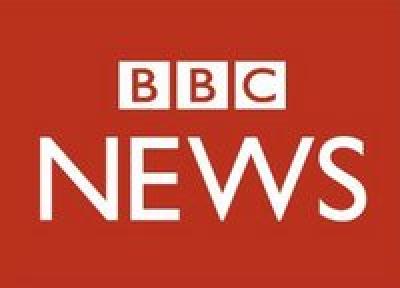Cookies on the Cash-is-Cool web site
Our website uses cookies to ensure that you get the best possible experience when viewing it.
By continuing to browse our website we will assume that you are happy with this.

Are you being charged a fotune to use your credit card abroad? New research suggests that complicated exchange rates and card charges are bleeding tourists dry. This article from the BBC gives a great run-down of what needs to be done.
Complex charges and misleading information means UK holidaymakers are paying too much for foreign currency, a watchdog has said.
Consumer Focus said it was unclear how much of the estimated £1bn a year charged in currency exchange fees was warranted.
It has submitted a super-complaint to the Office of Fair Trading (OFT).
But the banking industry said it was disappointed that Consumer Focus took such a step before talking to banks.
Losses
The watchdog's complaint claimed that converting £500 into euros could cost between £10 and £30, even though the service provided was essentially the same.
It has also raised questions about charges when using credit or debit cards overseas.
The areas of concern it has raised include:
• Complex card charges that prevent holidaymakers shopping around for a better deal
• Charges for buying currency in the UK with a card failing to reflect the costs of processing the payment
• Hidden mark-ups that make marketing phrases such as "0% commission" misleading
With an estimated £10bn taken in cash by UK holidaymakers travelling overseas every year, the watchdog wants the OFT to ensure consumers are being treated fairly.
'Disappointed'
The widest variation in charges come with debit card charges, according to Andrew Hagger, of consumer website Moneynet.
But the banks said they were disappointed that the watchdog failed to engage with the industry before submitting the complaint, which they would now scrutinise.
"Competition in the holiday money market is not simply between High Street banks; it also involves companies which do not usually provide financial services," said a spokesman for the British Bankers' Association, which represents the major banks.
"The report acknowledges only 15% of holidaymakers get their foreign currency from a bank.
"Any analysis of this market needs to take full account of the costs to businesses of providing these services - for instance, the cost charged by foreign ATM providers every time a UK card is used.
"Transaction costs abroad are driven by the costs of overseas payment systems, often in countries where free banking does not exist."
Melanie Johnson, who chairs the UK Cards Association, said: "The Consumer Focus super-complaint, covers a broad spectrum of issues - not all related to cards by any means. We will now be going through their report in some detail to check the facts.
"Customers increasingly choose to use their cards abroad because they are convenient, secure and flexible and offer greater protection than other types of payment. Despite the fact that providing this service comes at a cost they are often the most competitive option."
The OFT has 90 days to respond to the super-complaint by stating what action, if any, it plans to take on the issue and the reasons behind its decision.
The OFT said it would provide a response on or before 20 December.
What is a super-complaint?
A designated consumer group can make a super-complaint to the Office of Fair Trading (OFT) if an issue is "significantly harming the interests of consumers".
The OFT has 90 days to respond by stating what action, if any, it plans to take on the issue and the reasons behind its decision.
"Individuals buy holiday money infrequently and so may not shop around much or may just stick with the same supplier," said Mike O'Connor, chief executive of Consumer Focus.
"A cocktail of confusing charges and poor transparency means collectively we are losing out in a big way."
The watchdog is calling for a simplification of charging structures for using cards overseas, cash withdrawal fees for UK transactions to reflect the costs of processing, and clearer explanations of exchange rates after all fees are added.
http://www.bbc.co.uk/news/business-14990335
Thursday, 22nd September 2011
Back to top ↑